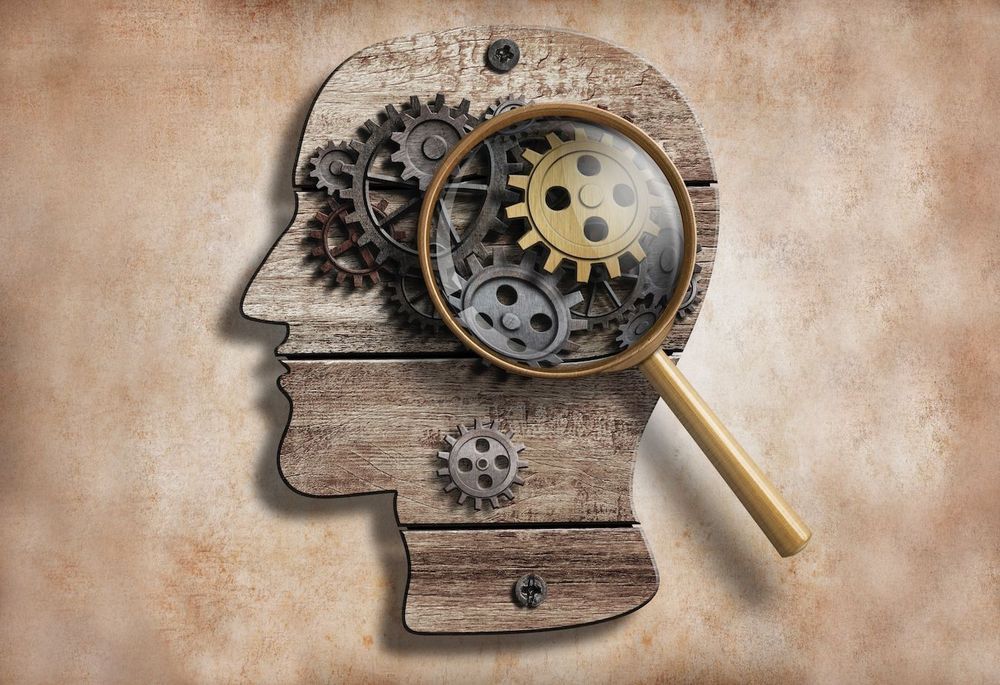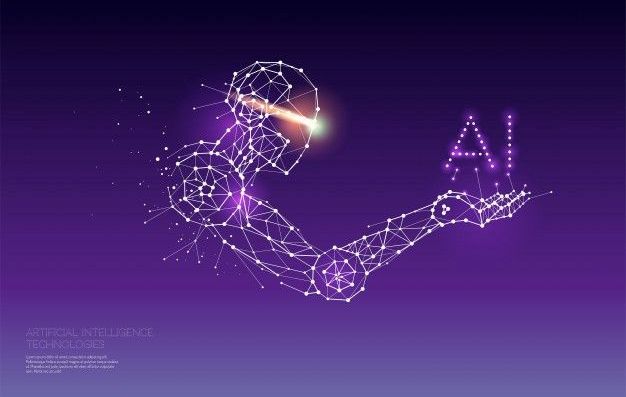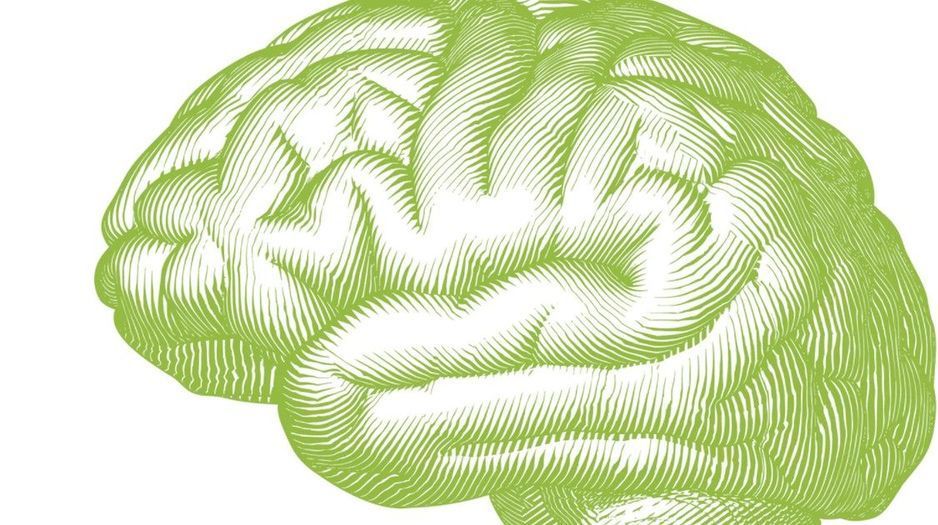An element that could hold the key to the long-standing mystery around why there is much more matter than antimatter in our Universe has been discovered by a University of the West of Scotland (UWS)-led team of physicists.
The UWS and University of Strathclyde academics have discovered, in research published in the journal Nature Physics, that one of the isotopes of the element thorium possesses the most pear-shaped nucleus yet to be discovered. Nuclei similar to thorium-228 may now be able to be used to perform new tests to try find the answer to the mystery surrounding matter and antimatter.
UWS’s Dr. David O’Donnell, who led the project, said: “Our research shows that, with good ideas, world-leading nuclear physics experiments can be performed in university laboratories.”








